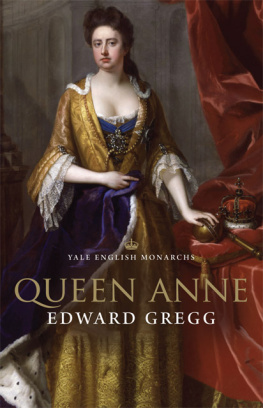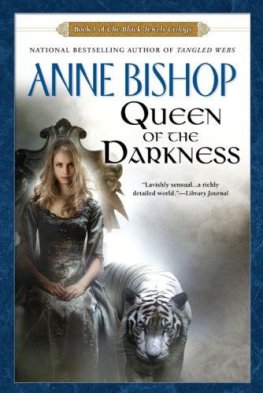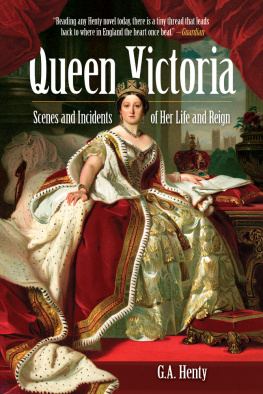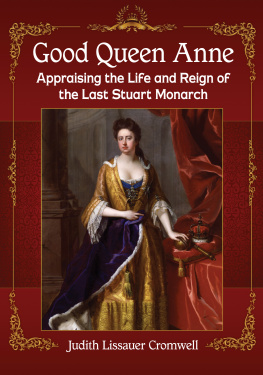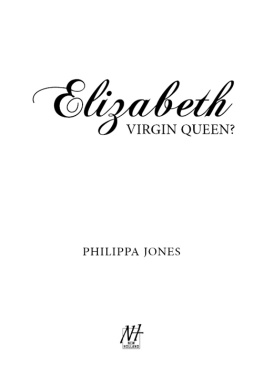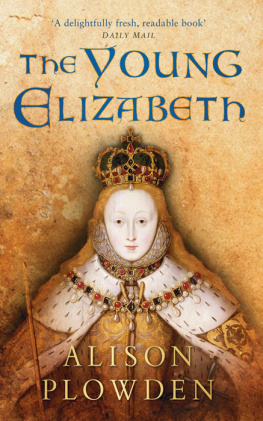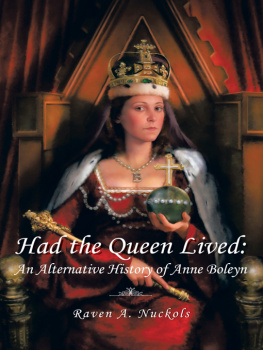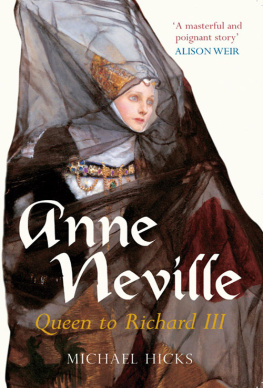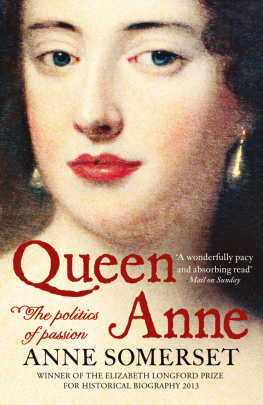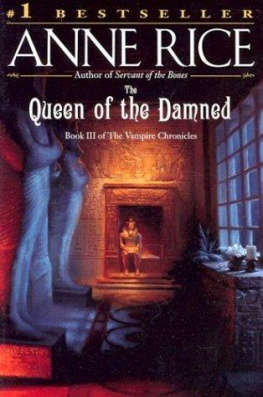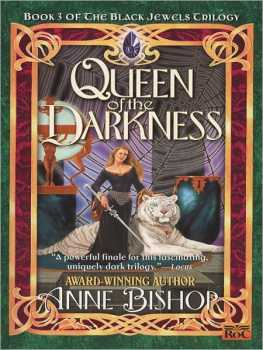
Also in the Yale English Monarchs Series
ATHELSTAN by Sarah Foot
EDWARD THE CONFESSOR by Frank Barlow
WILLIAM THE CONQUEROR by David Douglas
WILLIAM RUFUS by Frank Barlow
HENRY I by Warren Hollister
KING STEPHEN by Edmund King
HENRY II by W. L. Warren*
RICHARD I by John Gillingham
KING JOHN by W. L. Warren*
EDWARD I by Michael Prestwich
EDWARD II by Seymour Phillips
RICHARD II by Nigel Saul
HENRY V by Christopher Allmand
HENRY VI by Bertram Wolffe
EDWARD IV by Charles Ross
RICHARD III by Charles Ross
HENRY VII by S. B. Chrimes
HENRY VIII by J. J. Scarisbrick
EDWARD VI by Jennifer Loach
MARY I by John Edwards
JAMES II by John Miller
QUEEN ANNE by Edward Gregg
GEORGE I by Ragnhild Hatton
GEORGE II by Andrew C. Thompson
GEORGE III by Jeremy Black
GEORGE IV by E. A. Smith
Available in the U.S. from University of California Press

To my parents
First published in 1980 by Routledge & Kegan Paul Ltd
This edition first published by Yale University Press in 2001
Copyright 1980 by Edward Gregg
New Edition 2001 by Edward Gregg
All rights reserved. This book may not be reproduced in whole or in part, in any form (beyond that copying permitted by Sections 107 and 108 of the U.S. Copyright Law and except by reviewers for the public press), without written permission from the publishers.
For information about this and other Yale University Press publications, please contact:
U.S. Office:
Europe Office: sales@yaleup.co.uk www.yalebooks.co.uk
Printed by Berforts Information Press Ltd
Library of Congress Control Number 2001093245
ISBN 978-0-300-09024-6 (pbk)
A catalogue record for this book is available from the British Library.
10 9 8 7 6 5 4 3 2
Contents
Acknowledgments
I gratefully acknowledge the gracious permission of Her Majesty the Queen for access to the Royal Archives at Windsor and for permission to reproduce paintings from the Royal Collection; His Royal Highness the Prince of Wales for access to the Chevening papers; His Grace the Duke of Portland, and the Trustees of the British Library, for access to the Portland Loan; His Grace the Duke of Marlborough for the right to quote from the Blenheim archives, as well as the right to reproduce portraits which are on public view at Blenheim Palace; and I also offer my thanks to the Marquess of Bath, the Earl Spencer, and the Earl of Stair for permission to examine manuscripts in their possession.
Many individuals have been generous with their time, advice and specialized knowledge. I must thank Dr G. V. Bennett of New College, Oxford; Dr Derek McKay of the London School of Economics; Dr Stephen Baxter of the University of North Carolina; Dr Hugh Dunthorne of University College, Swansea; and Mr Robert Bergh, who translated Danish texts for me and also generously supplied me with material from his own research work. Those readers who examine the notes will realize the enormous debt which I owe to Professor Henry L. Snyder of the University of Kansas. Above all, I should like to thank Professor Ragnhild M. Hatton of the London School of Economics, for her help, advice, criticism, and encouragement.
The archivists and librarians in the public and private institutions where I have worked have been unfailingly helpful, as have my colleagues at the University of South Carolina, on whom I have called for advice on particular points. Ms Preshema Harris deserves particular thanks for typing the final manuscript. Any errors, of course, remain my own responsibility.
Foreword to the Yale Edition
Without question, the single most important archival source for the reign of Queen Anne is the Blenheim Papers, which contain the correspondence and memoranda of John and Sarah Churchill, first Duke and Duchess of Marlborough, along with the papers of their son-in-law Charles Spencer, third Earl of Sunderland. Included in this collection are hundreds of letters from Queen Anne herself, mainly to the duchess but also to the duke and to Sidney, Lord Godolphin, her first lord treasurer. Until after the Second World War, the Blenheim archives were largely closed to historians: Professor George Macaulay Trevelyan was denied access for his trilogy on England under Queen Anne (19304), although Winston Churchill, first cousin of the ninth Duke of Marlborough, was allowed to use the papers for Marlborough, His Life and Times (19339). After the war, one of the most assiduous researchers at Blenheim was Professor Henry L. Snyder, who in 1975 published his three-volume Marlborough-Godolphin Correspondence which immediately became indispensable to all students of the period.
The bulk of my own research in the Marlborough-Godolphin-Sunderland papers took place at Blenheim Palace in June and July 1974. The papers were then kept in a huge walk-in vault in the estate agents office and were arranged according to the system established by Archdeacon William Coxe in the second decade of the nineteenth century and embellished by Stuart J. Reid when he served as the Blenheim archivist in the first decade of the twentieth century. Researchers were placed in a lumber room next door and could come and go to the vault as they chose. The papers were tied together in bundles by ribbon and were subject to no supervision or inspection. The results were chaotic: letters of more than one page had become separated and oftentimes misplaced or lost altogether. Indeed, the system virtually invited pilferage. The ducal charge for working there was, if I recall correctly, the decimal equivalent of one guinea (1.05), plus VAT.
I was probably the last historian to work on the papers in situ at Blenheim. Very shortly after my departure, the archives were closed and the present Duke of Marlborough (who had succeeded to the title two years earlier) and his trustees entered into prolonged negotiations with the government, which resulted in the Blenhiem archives being transferred to the nation and acquired by the British Library in 1978 in partial lieu of death duties. Even then the bulk of the collection continued to be inaccessible while the superbly capable staff of the BL Manuscripts Department began the immense task of sorting, arranging, dating (where possible), indexing and binding the papers. The result was 609 volumes of manuscripts (Add. MSS 61,10161,710), 73 charters (Add. Ch. 76,06976,142) and over 250 printed works, all catalogued and indexed in three volumes which appeared in 1985. (After Queen Anne was originally published, the British Library also acquired permanent ownership of what previously had been the Portland Loan, which has now been catalogued as Add. MSS 70,00170,523 and Add. Ch. 76,67176,767.) The importance of these acquisitions to modern scholars of Annes reign is enormous.
There has, of course, continued to be a tremendous amount of historical work done in the age of Anne, particularly in parliamentary history by Clyve Jones, in parliamentary and Irish history by David Hayton, and in popular and political Jacobitism by Daniel Szechi and Paul Monod, to mention only a few contributions. Most of this work has only a tangential relationship to Queen Anne. However, there have been four important works dealing with Queen Annes court and major figures therein. The first of these to appear dealt with Robert Harley, Earl of Oxford, one of the most controversial men of his day, and who has remained the subject of debate among historians of our own. One of the major problems in analysing Harley (apart from his exceptionally difficult handwriting) is the enigmatic nature of many of his memoranda and the obscurity of language behind which he cloaked his intentions: in short, it is possible for historians to find words of Harleys to support almost any interpretation of him they choose to make.
Next page
